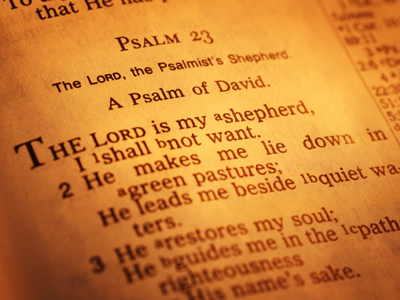

Christianity - The Bible in Life
This GCSE RE Christianity quiz takes a look at the Bible in life. It's one thing to know about the origins and content of the Holy Bible; but what about the ways in which Christians 'live by it', i.e. seek (individually and collectively) to deepen their understanding, and conduct their everyday lives and decisions accordingly?
Although the Bible is an established, ‘canonical’ (i.e., closed) body of Scripture ~ its principal contents broadly agreed upon across the worldwide Christian churches, and to which no modern writers can add (except by providing notes or separate commentaries) ~ it is an integral influence upon the lives of people and communities, from household to state level. Millions of people consult it daily in the belief that it ‘speaks’ to them and their circumstances. This quiz touches on some ways in which the Bible continues to feed into daily life.
Meanwhile, there are plentiful Bible study aids available, from physical leaflets to 'apps', from such organisations as Scripture Union and the Bible Reading Fellowship.
One of the following is NOT known to be genuine: which one?
Ready for more?
not all...
quizzers. Try to win a coveted spot on our Hall of Fame Page.






